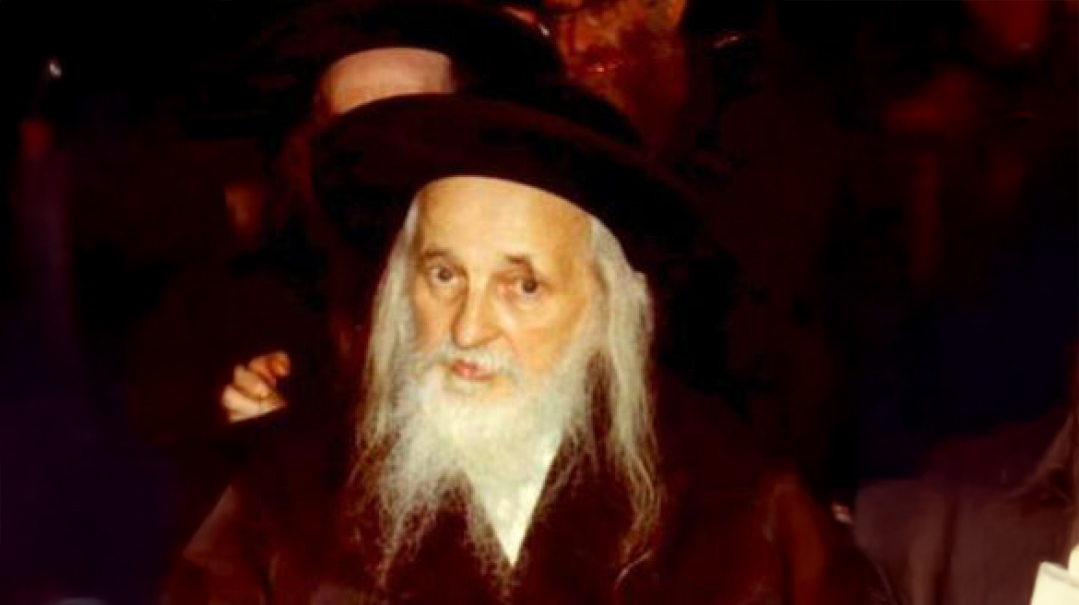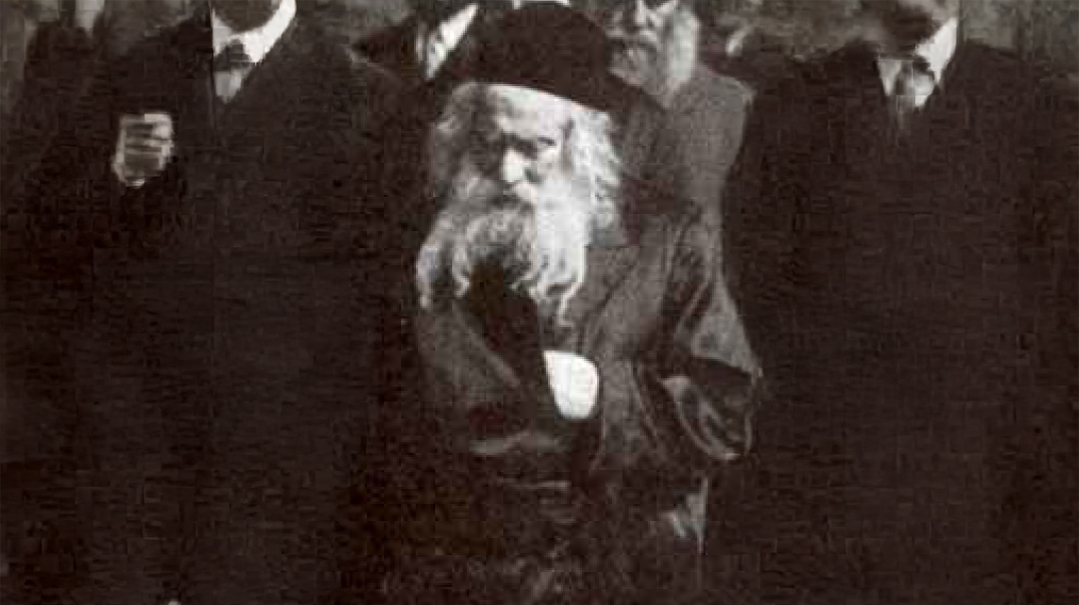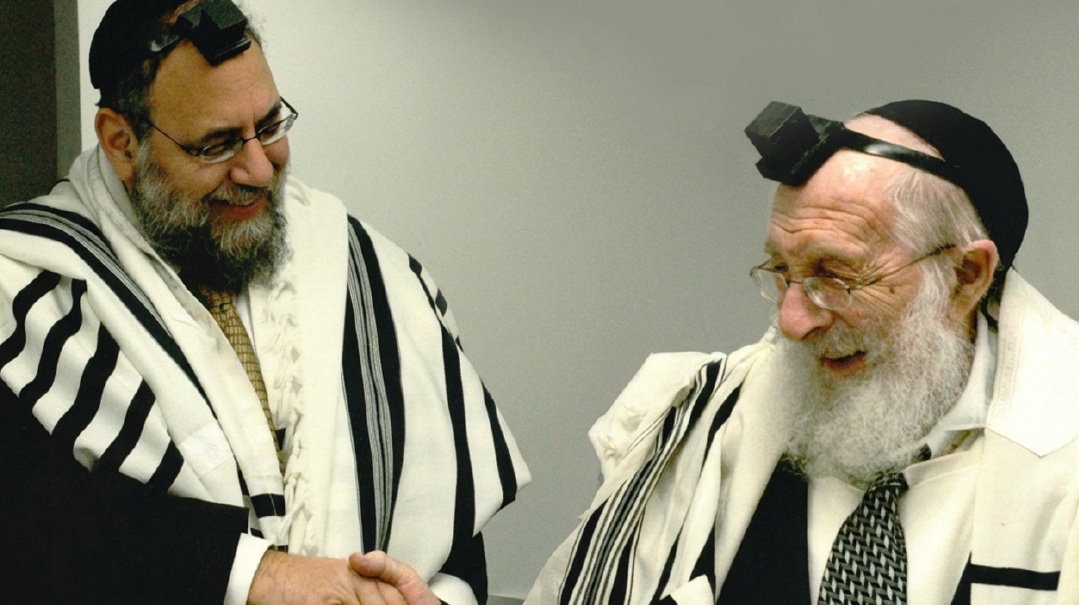Strands of Blessing
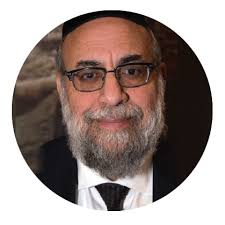
Closeup tales of greatness
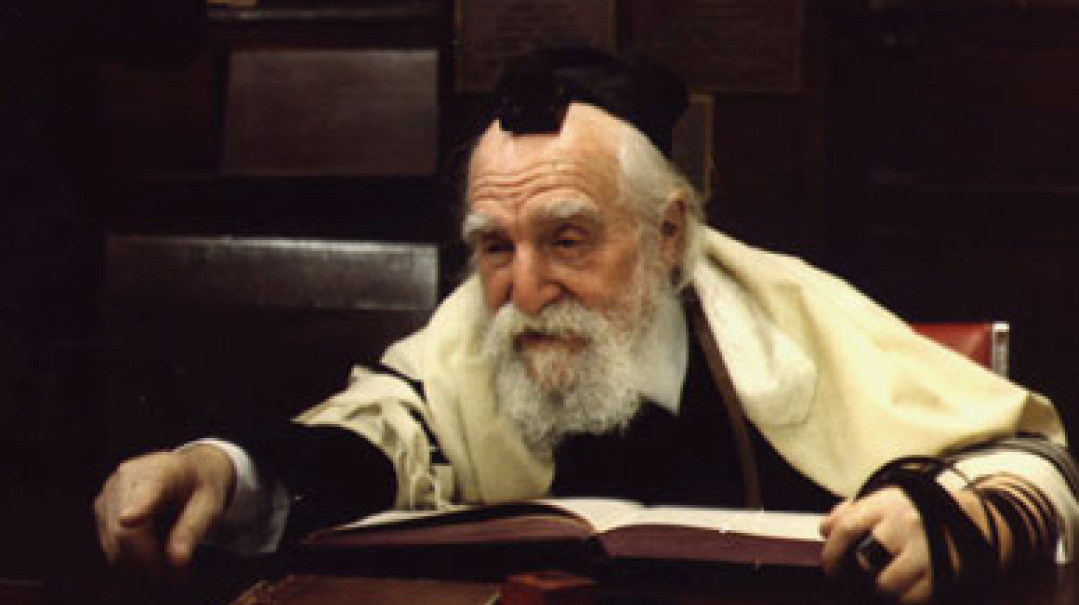
IN
the last years of his life, Rav Moshe Feinstein ztz”l was very weak and access to the gadol hador was greatly curtailed. I vacillated between feelings of concern for the Rosh Yeshivah’s health and my overwhelming desire to see and hear from this Torah giant. In fact, a close relative of Rav Moshe’s once admonished me for coming to speak with the Rosh Yeshivah and not allowing him to rest. The unforgettable Rebbetzin a”h came to my defense then, saying, “The Rosh Yeshivah likes it and it doesn’t take a lot of time.” I was grateful for her support, and each of those brief encounters with Rav Moshe taught me lessons for life that I have been able to pass down to future generations.
One of my last conversations with Rav Moshe was on the day of my wedding. The backstory to this encounter had happened three or four years earlier, when I had needed guidance on a serious shidduch-related issue. My own rebbi, the rosh yeshivah of Yeshiva Chofetz Chaim, Rav Henoch Leibowitz ztz”l, had urged me to speak to the gadol hador.
After sharing my dilemma and receiving his insight, he had given me a brachah to find my zivug very soon. I had responded by saying, “and the Rosh Yeshivah should be the mesader kiddushin at the chasunah.”
“Im yirtzeh Hashem,” Rav Moshe replied.
A few years later, when I indeed got engaged, I faced a dilemma. While it would be an incredible zechus to have the gadol hador as my mesader kiddushin, he was very weak, not to mention that the wedding would be taking place in the middle of a brutal winter. In addition, my own rebbi, Rav Henoch Leibowitz, was my father’s rebbi as well, and my father felt strongly that he should be offered siddur kiddushin.
One of my brothers was then serving as Rav Moshe’s gabbai, so instead, I had him ask Rav Dovid ztz”l if I could join the small minyan that met each morning at the Rosh Yeshivah’s apartment on the day of my wedding.
Rav Dovid consented, and that morning, my father and I davened in Rav Moshe’s minyan. Afterward, I had the opportunity to spend a little time with the Rosh Yeshivah. Among other questions, I asked him what kavanah to have while standing under the chuppah. (See Sheilos u’Teshuvos Divrei Chachamim.)
The Rosh Yeshivah responded that there are so many different brachos that a person needs in his life: gezunt, parnassah, children, shalom bayis, and simchas hachayim. Each one of these things is important for life, and each comes from a different mekor habrachah, explained Rav Moshe. And so when you daven under the chuppah, you have to ask for each one of these things individually. They are separate gifts from Hashem.
This insight from Rav Moshe, just a few months before his petirah, stayed with me, under my chuppah and many years beyond.
Decades later, I merited an open miracle. After a long ICU stay during the initial breakout of the Covid epidemic, I returned home. And as the Rosh Yeshivah had taught me so many years earlier, I didn’t just spend time reflecting on the general gift of life that HaKadosh Baruch Hu had granted me, but rather on all the numerous brachos life is made up of.
This lesson and reflection has given me a greater appreciation of the incredible scope of goodness and generosity of the hashgachah Elyonah.
(Originally featured in Mishpacha, Issue 1056)
Oops! We could not locate your form.

